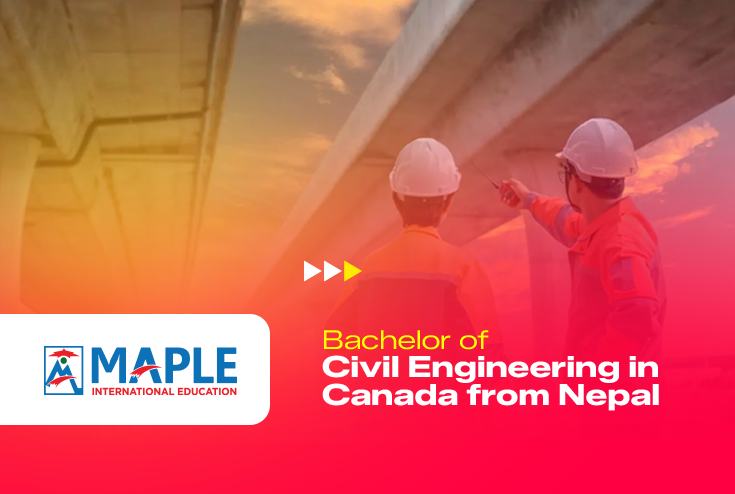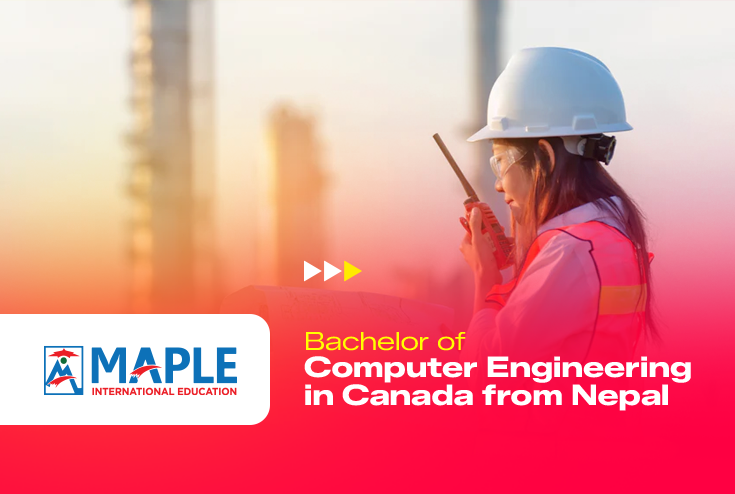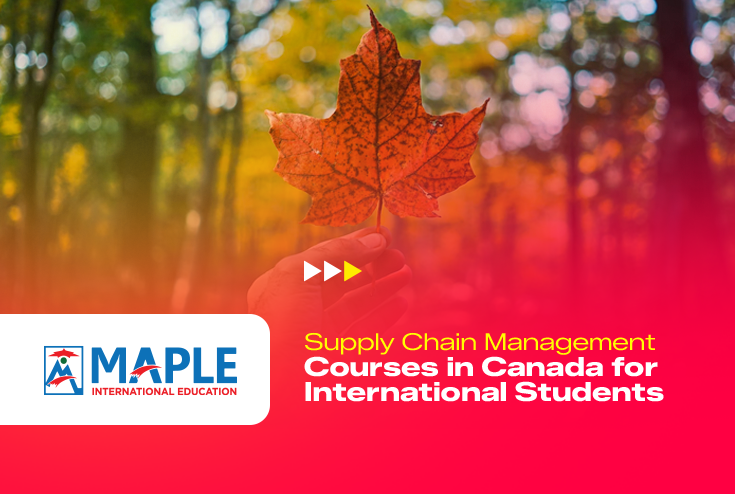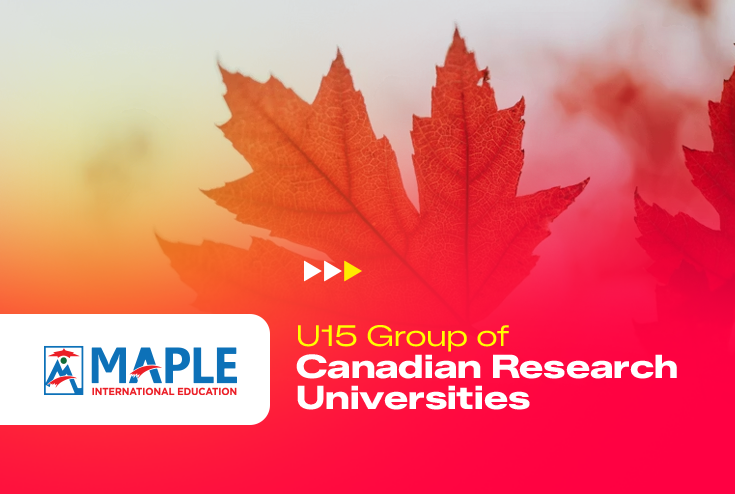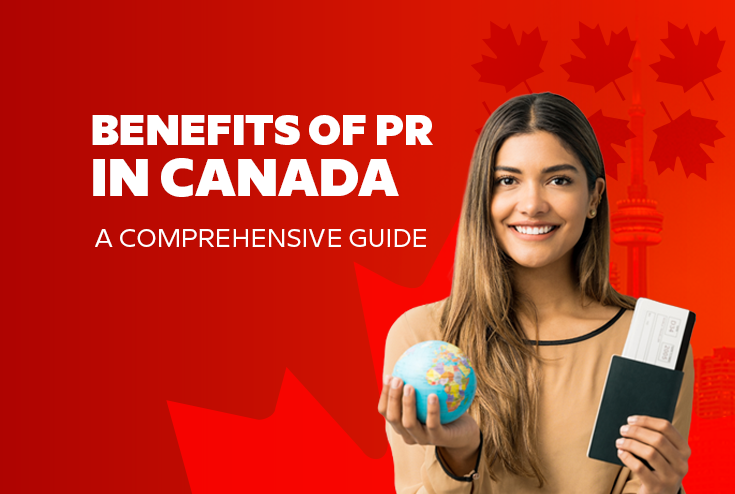
Benefits of PR in Canada: A Comprehensive Guide
As one of the most multicultural and welcoming countries in the world, Canada offers numerous opportunities for immigrants who wish to live, work, and settle in the country permanently. Permanent residency (PR) is the most popular and sought-after pathway to gain legal and permanent residency in Canada. This article aims to explore the benefits of PR in Canada, including economic, social, and personal advantages.
- What is Permanent Residency (PR) in Canada?
- Economic Benefits of PR in Canada
- Social Benefits of PR in Canada
- Personal Benefits of PR in Canada
- Eligibility Requirements for PR in Canada
- How to Apply for PR in Canada?
- Express Entry System for PR in Canada
- Provincial Nominee Programs (PNPs) for PR in Canada
- Quebec Immigration Programs for PR in Canada
- Federal Skilled Worker Program for PR in Canada
- Canadian Experience Class for PR in Canada
- Family Sponsorship for PR in Canada
- Refugee and Humanitarian Resettlement Program for PR in Canada
- Benefits of Hiring an Immigration Lawyer for PR in Canada
- Conclusion
- FAQs
What is Permanent Residency (PR) in Canada?
Permanent residency (PR) is a legal status granted to foreign nationals who are not Canadian citizens but have been authorized to live and work in Canada permanently. PR holders enjoy many of the same rights and privileges as Canadian citizens, such as access to public healthcare, education, and social services. However, they cannot vote or run for political office, obtain a Canadian passport, or work in certain government jobs that require a security clearance.
Economic Benefits of PR in Canada
PR in Canada offers many economic benefits, such as:
a. Job Opportunities
PR holders have the right to work in Canada and apply for most jobs, except those that require a high-level security clearance. PR status also increases your chances of getting hired by Canadian employers, as they do not have to go through the costly and lengthy process of obtaining a work permit for you.
b. Education and Training
PR holders can access free public education from elementary to high school, and subsidized post-secondary education, including college, university, and trade schools. They also qualify for various training and skills development programs to upgrade their skills and enhance their employability.
c. Healthcare Benefits
PR holders are eligible for public healthcare coverage in Canada, which includes doctor visits, hospitalization, and prescription drugs. This can save them thousands of dollars in medical expenses compared to non-residents.
d. Social Benefits
PR holders are entitled to various social benefits in Canada, such as employment insurance, old age security, and Canada Pension Plan benefits, which can help them maintain their financial stability and independence.
Social Benefits of PR in Canada
PR in Canada offers many social benefits, such as:
Cultural Diversity
Canada is known for its cultural diversity and acceptance of different nationalities, religions, and backgrounds. PR holders can enjoy and celebrate this diversity by participating in cultural events, festivals, and activities.
Social Integration
PR holders are encouraged to participate in Canadian society and contribute to their communities. They can volunteer, join clubs, and engage in social activities to meet new people and build lasting relationships.
Family Reunification
PR holders can sponsor their family members to come to Canada and reunite with them. This can include spouses, children, parents, and grandparents, subject to certain eligibility requirements.
Personal Benefits of PR in Canada
PR in Canada offers many personal benefits, such as:
Security and Stability
PR holders enjoy a legal status in Canada and have the peace of mind that they can live and work in the country without fear of deportation or having to renew their status. This stability can lead to better mental health, increased confidence, and a greater sense of belonging.
Travel Benefits
PR holders can travel freely in and out of Canada, without the need for a visitor visa or an electronic travel authorization (eTA). They also have the option to apply for Canadian citizenship after meeting the eligibility criteria, which would grant them a Canadian passport and more extensive travel benefits.
Pathway to Citizenship
PR is a stepping stone toward Canadian citizenship, which offers many additional benefits and rights. After meeting the residency and other requirements, PR holders can apply for Canadian citizenship, which would grant them the right to vote, run for political office, and obtain a Canadian passport.
Eligibility Requirements for PR in Canada
To be eligible for PR in Canada, an applicant must meet specific criteria, including:
- Language proficiency in English or French
- Education level and qualifications
- Work experience and skills
- Age
- Adaptability factors, such as family ties or previous experience living in Canada
How to Apply for PR in Canada?
There are several pathways to apply for PR in Canada, including the Express Entry System, Provincial Nominee Programs (PNPs), Quebec Immigration Programs, Family Sponsorship, and Refugee and Humanitarian Resettlement Programs. The application process can be complex and time-consuming, and it is essential to have a clear understanding of the requirements and procedures.
Express Entry System for PR in Canada
The Express Entry System is a federal program that manages applications for three economic immigration programs: the Federal Skilled Worker Program, the Canadian Experience Class, and the Federal Skilled Trades Program. It uses a points-based system to evaluate candidates based on their age, education, work experience, language proficiency, and other factors.
Provincial Nominee Programs (PNPs) for PR in Canada
PNPs are designed to meet the specific labor market needs of each province and territory. They allow provincial governments to nominate candidates who have the skills, experience, and qualifications needed to contribute to the local economy.
Quebec Immigration Programs for PR in Canada
Quebec has its own immigration programs and selection criteria, which are different from the rest of Canada. The Quebec Skilled Worker Program and the Quebec Experience Program are two popular pathways to gain PR in Quebec.
Federal Skilled Worker Program for PR in Canada
The Federal Skilled Worker Program is a pathway to PR for skilled workers who have work experience and qualifications in high-demand occupations. It uses a points-based system to evaluate candidates based on factors such as age, education, work experience, language proficiency, and adaptability.
Canadian Experience Class for PR in Canada
The Canadian Experience Class is a pathway to PR for temporary foreign workers and international graduates who have gained skilled work experience in Canada. It is designed to retain talented individuals who have already contributed to the Canadian economy and society.
Family Sponsorship for PR in Canada
Family Sponsorship allows Canadian citizens and PR holders to sponsor their family members to come to Canada and gain PR. This includes spouses, common-law partners, dependent children, parents, and grandparents.
Refugee and Humanitarian Resettlement Program for PR in Canada
The Refugee and Humanitarian Resettlement Program is a pathway to PR for individuals who have fled their home country due to persecution, war, or other humanitarian reasons. It allows Canada to provide a safe haven for vulnerable individuals and families who need protection and support.
Benefits of Hiring an Immigration Lawyer for PR in Canada
Navigating the Canadian immigration system can be a daunting and complex process. Hiring an experienced immigration lawyer can help ensure that the application process goes smoothly and increase the chances of success. Immigration lawyers can provide legal advice, assess eligibility, guide applicants through the application process, and help prepare and submit the necessary documents.
Conclusion
PR in Canada offers many benefits, including access to healthcare, education, social services, and the ability to live and work in the country without fear of deportation. PR is a stepping stone toward Canadian citizenship, which offers even more extensive rights and benefits. There are several pathways to apply for PR in Canada, and it is essential to have a clear understanding of the eligibility requirements and application procedures. Hiring an immigration lawyer can help ensure a smooth and successful application process.
FAQs:
What is the processing time for PR applications in Canada?
The processing time for PR applications varies depending on the pathway and the specific circumstances of the applicant. Generally, it can take several months to over a year for the application to be processed.
Can I work in Canada while waiting for my PR application to be processed?
It depends on the specific circumstances and the type of visa you hold. Some visas allow applicants to work in Canada while their PR application is being processed, while others do not.
What happens if my PR application is rejected?
If your PR application is rejected, you can either appeal the decision or reapply with additional documentation or under a different pathway.
What is the cost of applying for PR in Canada?
The cost of applying for PR in Canada varies depending on the pathway and the specific circumstances of the applicant. It can range from a few hundred to several thousand dollars.
What are the language requirements for PR in Canada?
Applicants must demonstrate proficiency in either English or French to be eligible for PR in Canada. The specific language requirements vary depending on the pathway and the applicant's circumstances.
